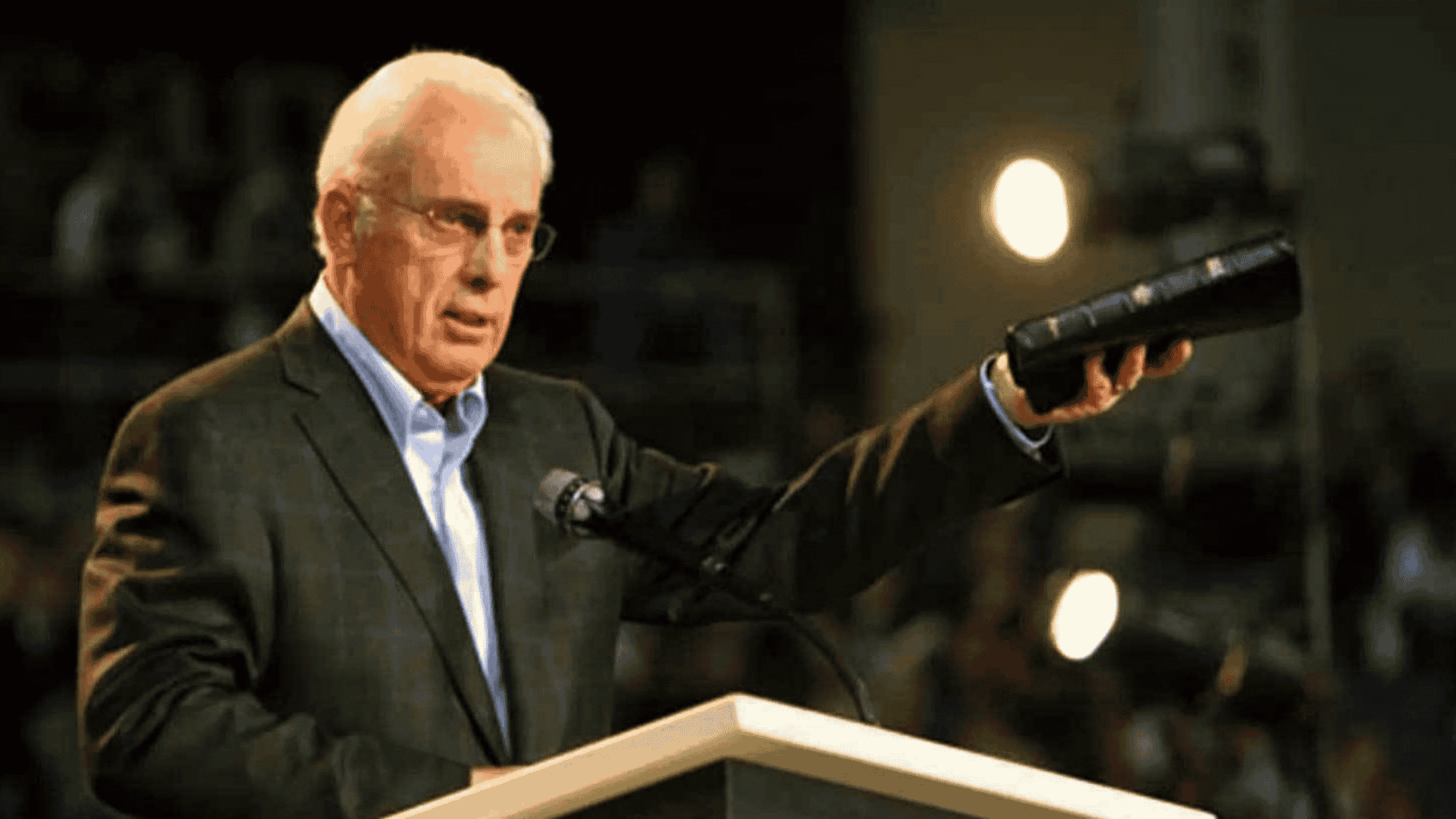The Death of Expository Preaching?
As we watch John MacArthur approach the finish line of a faithful race, preparing to step into glory and meet face-to-face with the Lord he proclaimed, I think it would do us some good to pause and consider what this means for the pulpit. MacArthur, whom some would call the Calvin or Spurgeon of our time, represents far more than a personal legacy. He represents a particular approach to the Word of God – a careful, meticulous, verse-by-verse exposition. Anybody who’s heard this man preach knows exactly what I’m talking about.
Alongside men like R.C. Sproul, whose voice we lost not too long ago, John MacArthur stands as a towering figure in recent church history, a clear-minded, Scripture-saturated preacher who made no apologies about the Bible and certainly never thought to ask permission to preach it plainly. He didn’t just preach expository sermons, he showed us how it was done – consistently, courageously, and unapologetically. He became the gold standard, the kind of preacher who made weaker pulpits squirm and stronger pulpits sit up straight and pay attention.
And yet, does his imminent departure signal the death of expository preaching itself?
The short answer, the correct answer, is “no.” But that “no” must come with cautionary footnotes. MacArthur was a beacon. Beacons are rare, and when one goes out, darkness often creeps closer.
We live in a time when, although “expository” has become a popular adjective, too often it describes preaching that settles comfortably in the shallows of the text rather than venturing boldly into its depths.
John MacArthur was not the type to skim lightly over Scripture, avoiding the tricky bits. He was the preacher who rolled up his sleeves and squeezed every ounce of spiritual nourishment out of every verse. He was a workman who rightly handled the Word of truth, and handling the Word rightly demands sweat and late nights, and probably more coffee than one might like to admit.
Let me be clear however. I didn’t agree with many of John MacArthur’s positions, particularly on the continuation of the Gifts of the Holy Spirit and on Eschatology, among other matters. In these areas, I often found his arguments lacking in generosity, consistency, and depth of understanding toward those he critiqued. His tone could be dismissive, and at times, his rhetoric seemed to go unchecked in many Reformed circles, which I believe gave him more leeway than others might have received.
That said, I believe in giving honor where it is due.
MacArthur was a remarkably gifted preacher, meticulous in his exposition, clear in his convictions, and unwavering in his commitment to the authority of Scripture. He stood firm in a generation that often wavered, and for that, I’m grateful. Whatever our secondary differences, I’m thankful for his role in the broader battlefield of Christian ministry. He fought hard, stood tall, and left a mark. And for that, I commend him.
With John’s departure, then, comes a responsibility. Will those claiming to be expositors actually preach like expositors? Will pastors, elders, and teachers embrace the rigorous discipline and relentless commitment necessary to treat the Bible as the inspired, authoritative, sufficient Word of the living God? Or will we slide quietly back into sermons full of anecdotes, feel-good clichés, and platitudes? A homiletical swamp that MacArthur himself spent decades draining dry?
Here’s the good news – MacArthur did not labor in vain. The Holy Spirit, who raised up MacArthur, Sproul, and other stalwarts of the faith, delights to do it again. God doesn’t run out of faithful servants. He always seems to have another surprise in reserve, another voice, another prophet, another preacher ready to stand and declare, “Thus saith the Lord.” God buries His workmen, Spurgeon once said, but He always continues His work. The faithful preaching of God’s Word does not depend upon one man, however great. The Gospel will continue to do its gracious, disruptive, transformational work long after every great preacher of our generation has gone to rest.
And yet, this hope is no reason for complacency. It’s a summons, a trumpet blast, calling forth preachers willing to carry the torch forward. As MacArthur and Sproul fade from earthly view, others must step up and say, “Here am I, Lord. Use me.” Others must be willing to pray, as Elisha did after Elijah’s fiery exit, for a double portion of the Spirit who worked mightily in these faithful preachers of Christ.
The passing of MacArthur is not the death of expository preaching. But it is a crossroads, a test of our resolve. MacArthur’s ministry has set the bar high, not to discourage us but to challenge us, to provoke a holy jealousy and faithful imitation. It’s a call to faithfulness, a call to do the hard work required of true exposition, a call to trust the power of God’s Word to do what clever speeches and trendy sermons can never accomplish.
Thank you, John MacArthur, for your testimony, your courage, and your steadfast example. We saw your diligence, we heard your conviction, and we watched you live the words you preached. And now, by God’s grace, we’ll carry the torch onward, grateful and humbled to follow the trail you so faithfully blazed.





